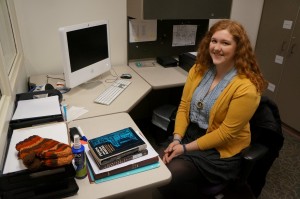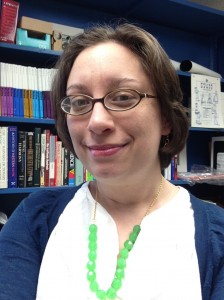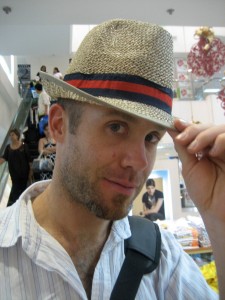Professor of Music Catherine Kautsky was chosen to speak as the recipient of Lawrence’s Faculty Convocation Award, which honors a faculty member for distinguished professional work. Her address, “Whispered Doubts and Shouted Convictions: What are These Composers Saying?” will explore the ways in wh ich composers speak through their music.
ich composers speak through their music.
As the final convocation in the 2013-2014 series, the Honors Convocation publicly recognizes students and faculty for excellence in many different concentrations. The convocation will be held Thursday, May 29 at 11:10AM, free and open to the public. It will also be livestreamed here.
On display in the library is a selection of Kautsky’s work, along with other ensemble recordings.










 The seventh annual
The seventh annual